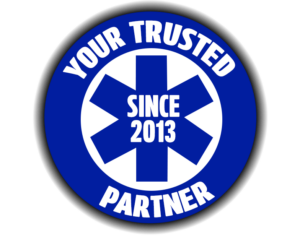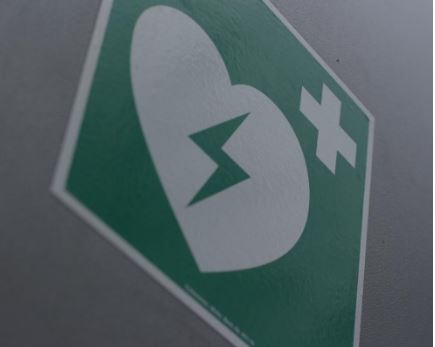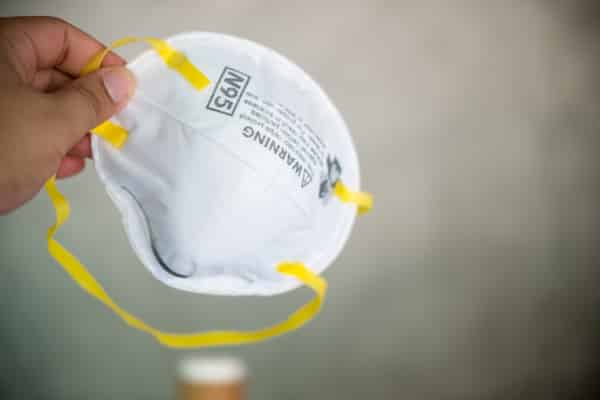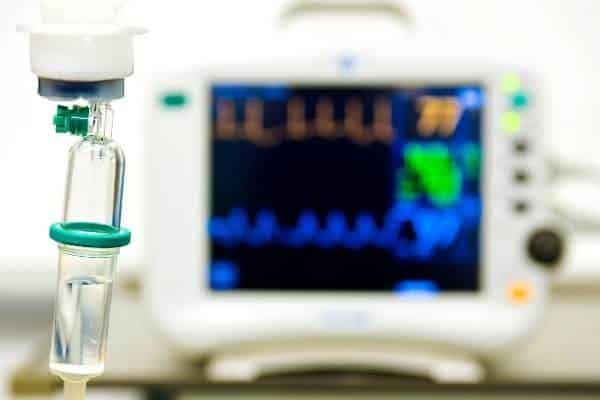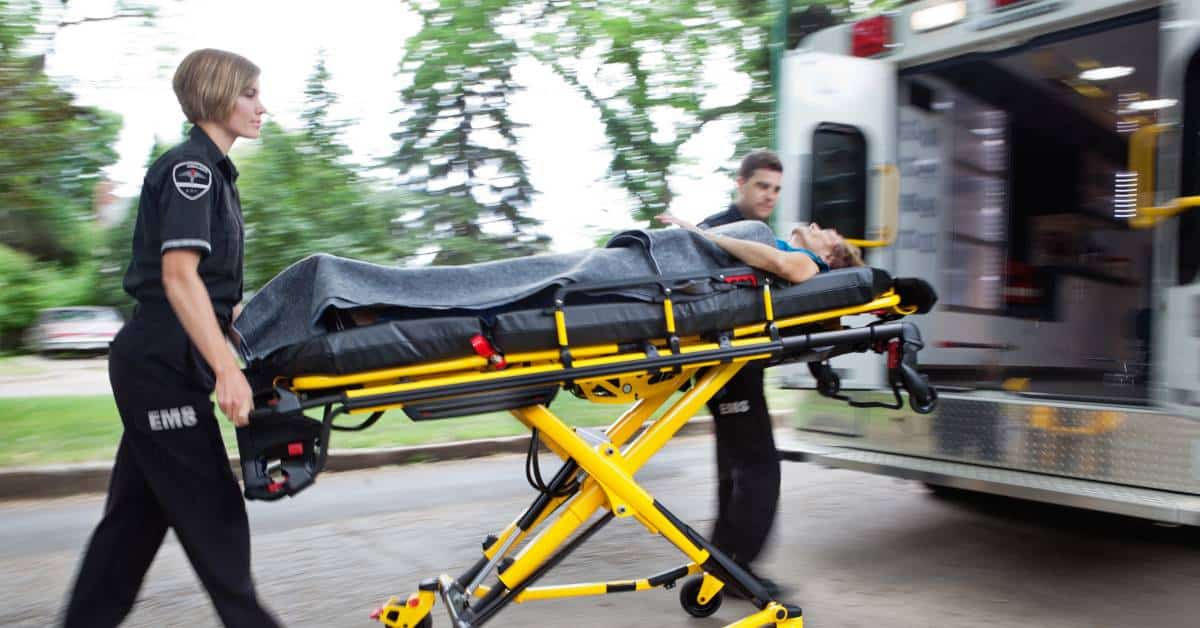
Preventing Workplace Burnout: Strategies for First Responders
The life of a first responder is fraught with challenges that go beyond the job’s physical demands. Every call to action is a plunge into unpredictable situations where the stakes commonly involve life and death. This relentless exposure to stress can take a toll on the most resilient EMTs, leading to burnout, PTSD, and other mental health issues.
Recognizing and addressing these invisible wounds is crucial for sustaining the workforce that stands on the front lines of emergency response. Below, we delve into strategies for preventing workplace burnout among first responders, particularly EMTs.
Understanding Burnout and Its Impact
Burnout in the realm of first responders is a state of physical, emotional, and mental exhaustion caused by prolonged exposure to stress. It can manifest in symptoms such as fatigue, cynicism, and a feeling of reduced personal accomplishment. For those in emergency medical services (EMS), this is often compounded by the traumatic events they witness, raising the risk of PTSD and other mental health challenges.
Proactive Stress Management
The first line of defense against burnout is proactive stress management. This includes regular physical activity, which has been shown to reduce stress levels and improve overall mental health. EMTs should also be encouraged to practice mindfulness and meditation, techniques known for their effectiveness in managing stress and reducing symptoms of PTSD.
Creating a Supportive Work Environment
Foster a culture where first responders can openly discuss their experiences and feelings without fear of judgment. Implementing peer support programs and ensuring access to professional mental health services are critical components of such an environment.
Ensuring Proper Rest and Recovery
The facility should implement schedules that allow for sufficient downtime between shifts. Encouraging vacation time and ensuring that first responders are not routinely overworked are also important measures.
Continuous Training and Education
Ongoing training and education can help first responders feel more prepared and competent, which can reduce stress and prevent burnout. Training should focus not only on technical skills training but also education on mental health and coping strategies for dealing with the psychological impact of their work.
Lean on Quality Medical Devices from Coast Biomedical Equipment
As you implement these strategies, remember that your EMT team’s equipment plays a significant role in their job satisfaction and effectiveness. This is where Coast Biomedical Equipment comes into play to support first responders by providing top-notch EMS equipment and supplies.
With our wide variety of new and refurbished biomedical equipment, we are committed to ensuring that first responders have the tools they need to save lives without compromising their mental health. Contact us today to discover how we can support your efforts to prevent burnout and enhance the quality of emergency medical services you provide.

